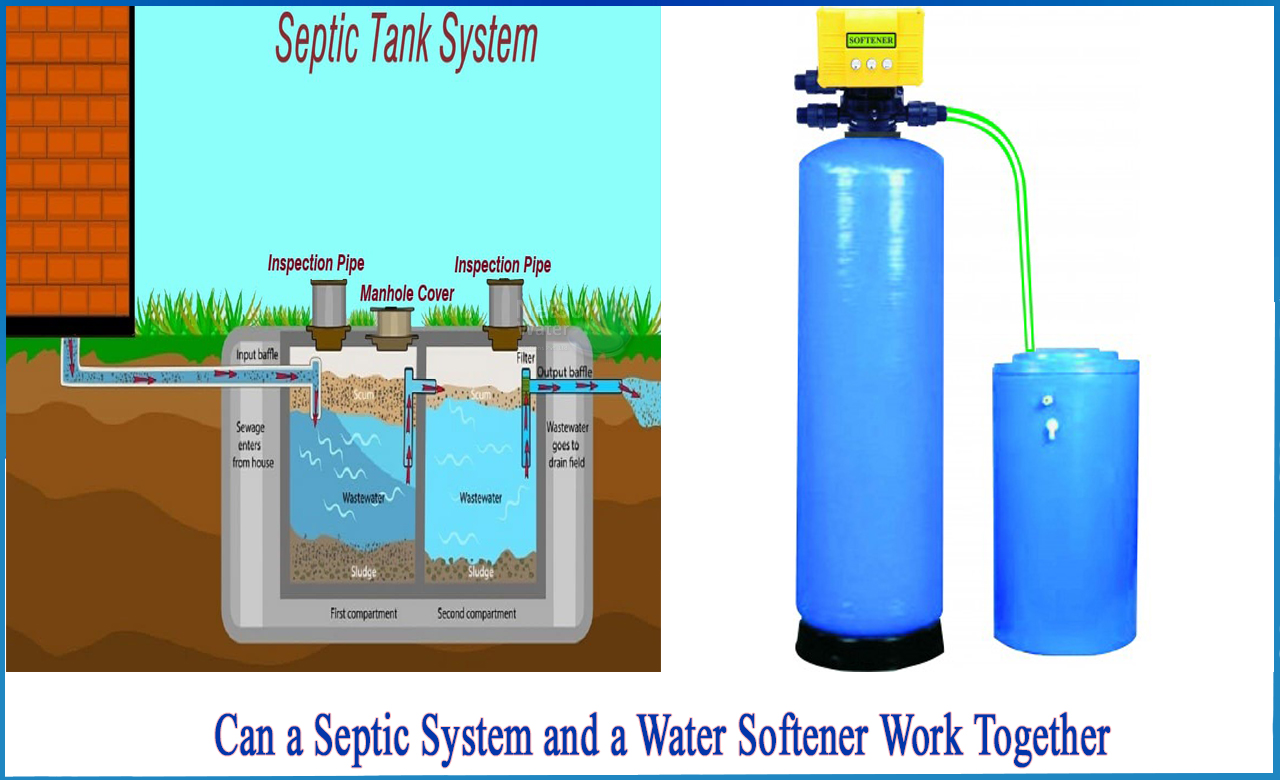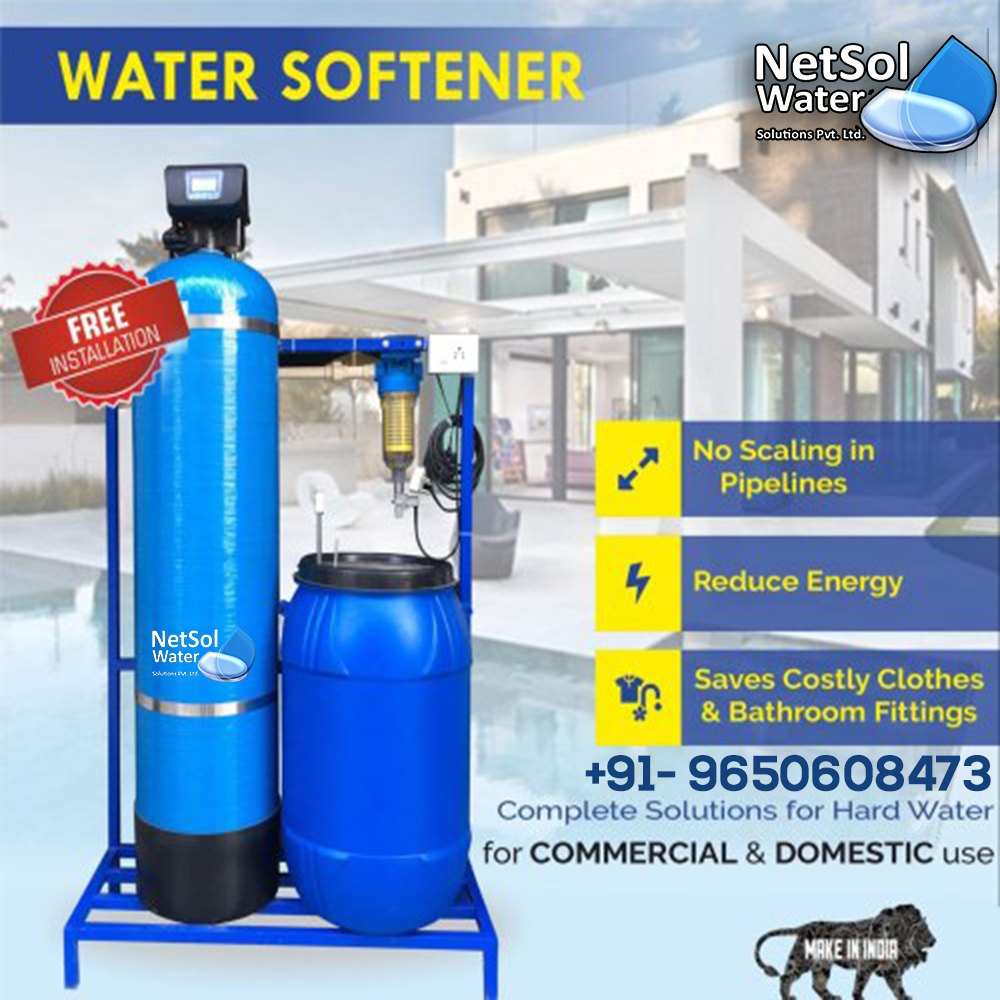Can a septic system and a water softener work together?
Studies on the interaction between a water softener and a septic system date back to the 1970s, according to groups like the National Sanitation Foundation (NSF), Water Quality Association (WQA), and the University of Wisconsin's Small Scale Waste Management Project (SSWMP). According to research, not only does an effective, properly performing water softener have no harmful impact on septic systems, but it may even help them.
Working of a Septic Tank:
Understanding the components of a septic system is essential for determining any potential septic system implications your water softener may have. Septic tanks, distribution boxes, and drain fields are all connected by pipes in a traditional septic system. From the home, wastewater travels through pipes to the septic tank, where solids (sludge) settle at the bottom and lighter materials float to the top (scum layer). Both layers are partially dissolved during the septic treatment process with the help of bacteria found in human faeces. As more wastewater is released from the home, the septic tank discharges water into a drain field.
Working of a Water Softener:
Water softeners remove hard minerals from your water, which can cause buildup in your plumbing and appliances, dry hair and skin, discoloured laundry, spotty glassware, and other problems in your home. A media tank and a brine tank are found in most water softeners. The resin that eliminates nasties from the water is stored in the media tank, allowing soft water to be circulated throughout the house. The brine tank of a water softener stores salt and adds water as needed to dissolve it into the brine solution. The brine (salt water) cleans the resin by knocking off the hardness minerals it has accumulated and flushing them down the drain, allowing the unit to remove more minerals.
Why a water softener can improve septic system performance?
One common misconception about water softeners and septic systems is that sodium in softened waste lowers the efficacy of the microorganisms your septic system requires. This has been proven false by investigations undertaken by the University of Wisconsin. Soft water, according to the University, can improve septic tank biological function. The appropriate quantity of sodium in soft water promotes bacterial development, which helps the septic treatment process run more smoothly.
Another advantage of soft water is that you can clean with fewer soaps, detergents, and chemicals. When you use a small amount of cleaning materials, you'll have fewer concerns regarding the impact these chemicals will have on your septic system.
Why a good water softener won't mess up your septic system?
The small amount of wastewater generated by the regeneration process that is discharged to your septic tank is sometimes misinterpreted as a nuisance. The amount and flow rate of brine output can overflow a septic tank and back up the drain field, which is a concern with water softeners and septic systems.
The Water Quality Research Foundation commissioned a research in 2012 that found no overflow from brine output from well-operated water softeners (50 gallons per regeneration). The discharge was no different than any other water-using appliance in the house.




